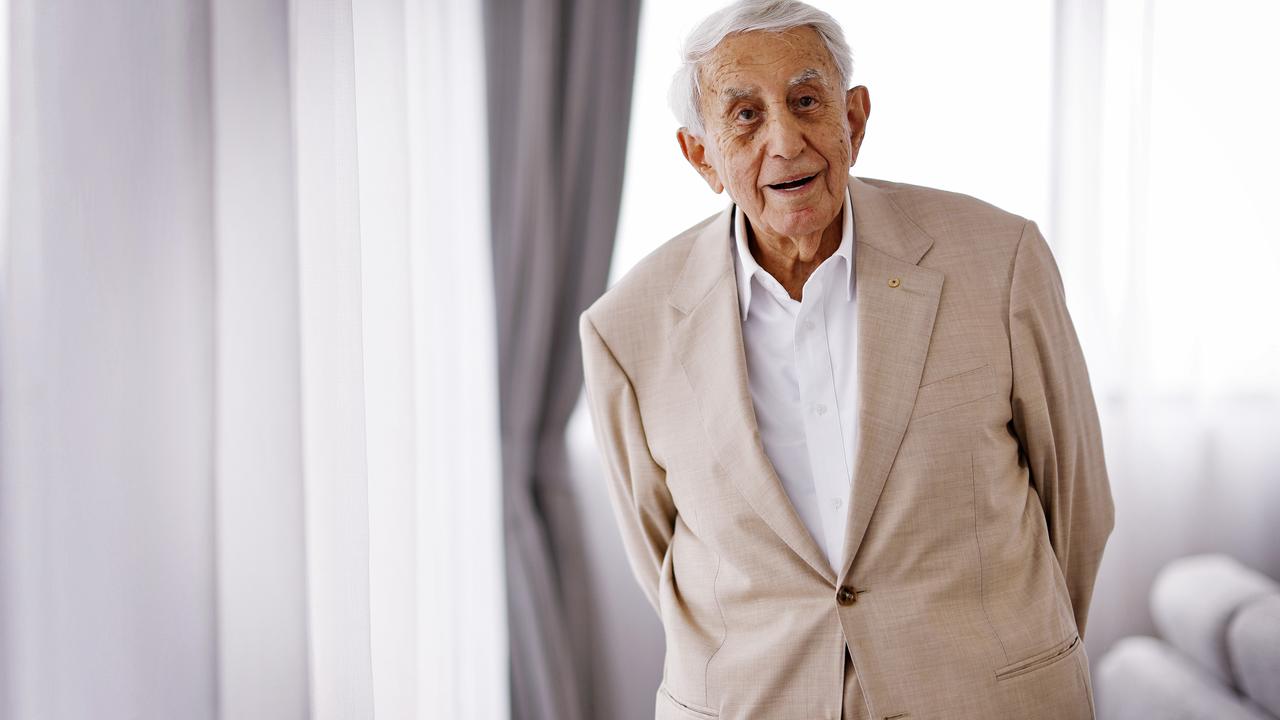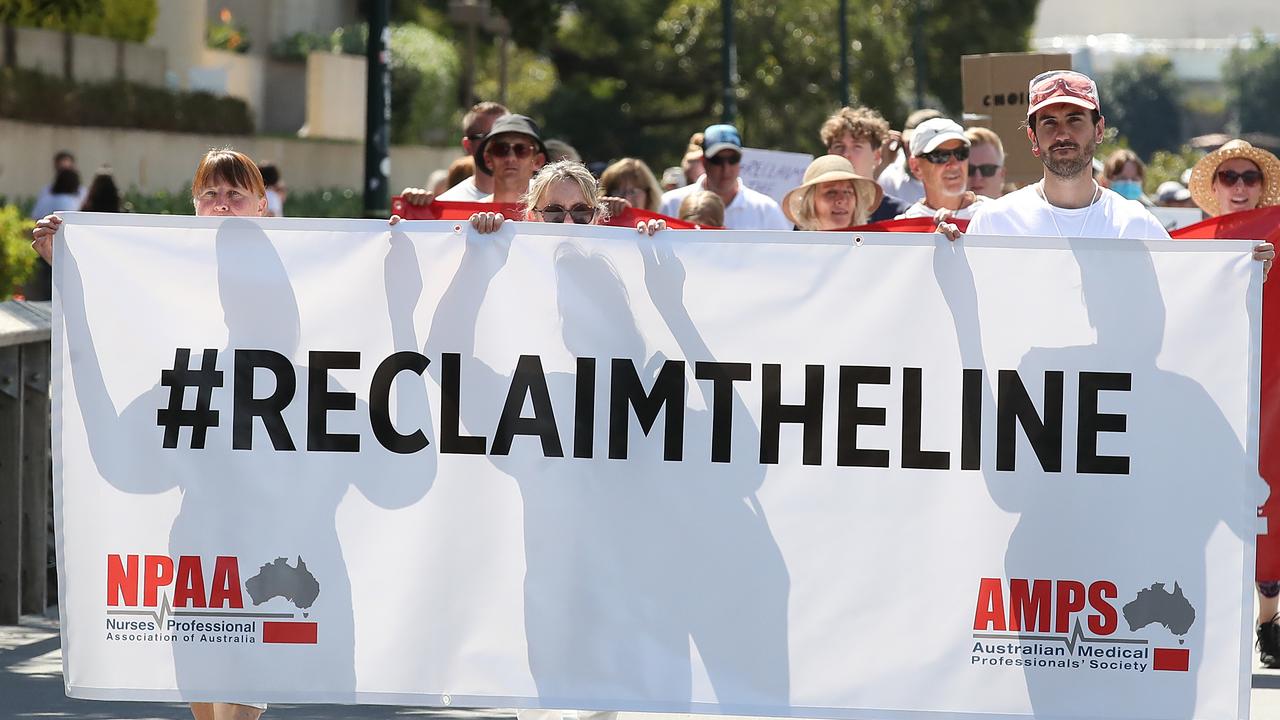Money key sticking point to final agreement on health
Money remains the key sticking points as the premiers prepare to meet Kevin Rudd today on hospital reform.
STATE control of the GST, who controls the flow of cash to public hospitals and demands for more money remain the key sticking points as the premiers prepare to meet Kevin Rudd today on the Prime Minister's hospitals reform package.
South Australia, Tasmania, the ACT and the Northern Territory have all agreed to sign up to the plan, and Queensland has agreed, with caveats.
But Victoria, Western Australia and NSW remain committed to keeping control of the GST, which looms as a major stumbling block in negotiations.
That is unless Mr Rudd backs away from his policy of clawing back 30 per cent of the GST in return for the commonwealth providing 60 per cent of public hospitals funding, which seems unlikely.
Victorian Premier John Brumby has been the strongest critic of the Rudd health reform plan, rejecting outright the GST clawback, arguing it adds no new money to the system and centralises control of the system in Canberra.
"I fear the Prime Minister's plan will leave patients not only more confused about who is responsible for their healthcare, but also more remote from the level of government that has assumed primary funding responsibility," Mr Brumby told the National Press Club last week.
Victoria has proposed a 50-50 funding pool with the state maintaining control of the GST.
But Canberra has rejected the 50-50 arrangement, arguing it could cost the budget $38 billion.
"His 50-50 proposal is really putting forward a $30-odd-billion smash and grab on the federal treasury," Wayne Swan told the Nine Network yesterday.
On Friday, NSW Premier Kristina Keneally backed 90 per cent of the Rudd reforms, including the establishment of local hospital networks, a national rollout of activity-based funding and setting up an independent umpire to determine prices for services.
But she also baulked at signing over the GST. Ms Keneally said NSW was willing to dedicate, but not have Canberra retain, up to one-third of its GST for health spending.
NSW has also demanded $686 million in extra funding to implement the reforms and guaranteed new commonwealth funding after 2014-15.
Queensland has demanded an extra $400m from the federal government over the next four years to sign on to the plans as well as a guarantee of growth funding for its health spending after 2014-15.
Western Australia, too, has serious reservations about giving up 30 per cent of its GST, particularly when the state is already penalised by the Grants Commission because of its revenues from resources taxes.
Last night, frantic negotiations were continuing to bridge the divide between the holdout states and the commonwealth, with much work being done on how the proposed funding pools would be administered.
This appears to be the major hope for a compromise that would allow for face-saving all around and a deal to be signed today.


